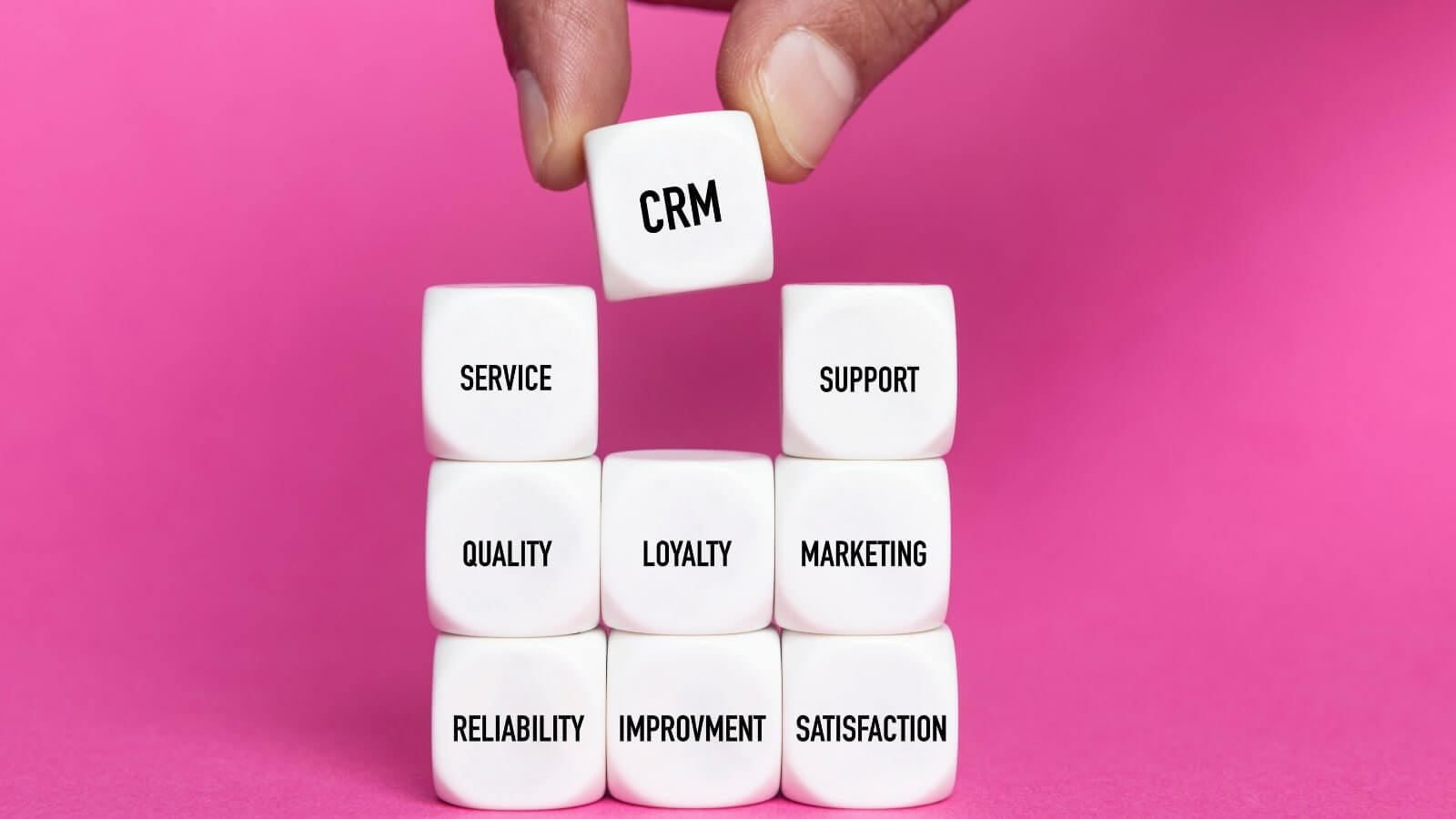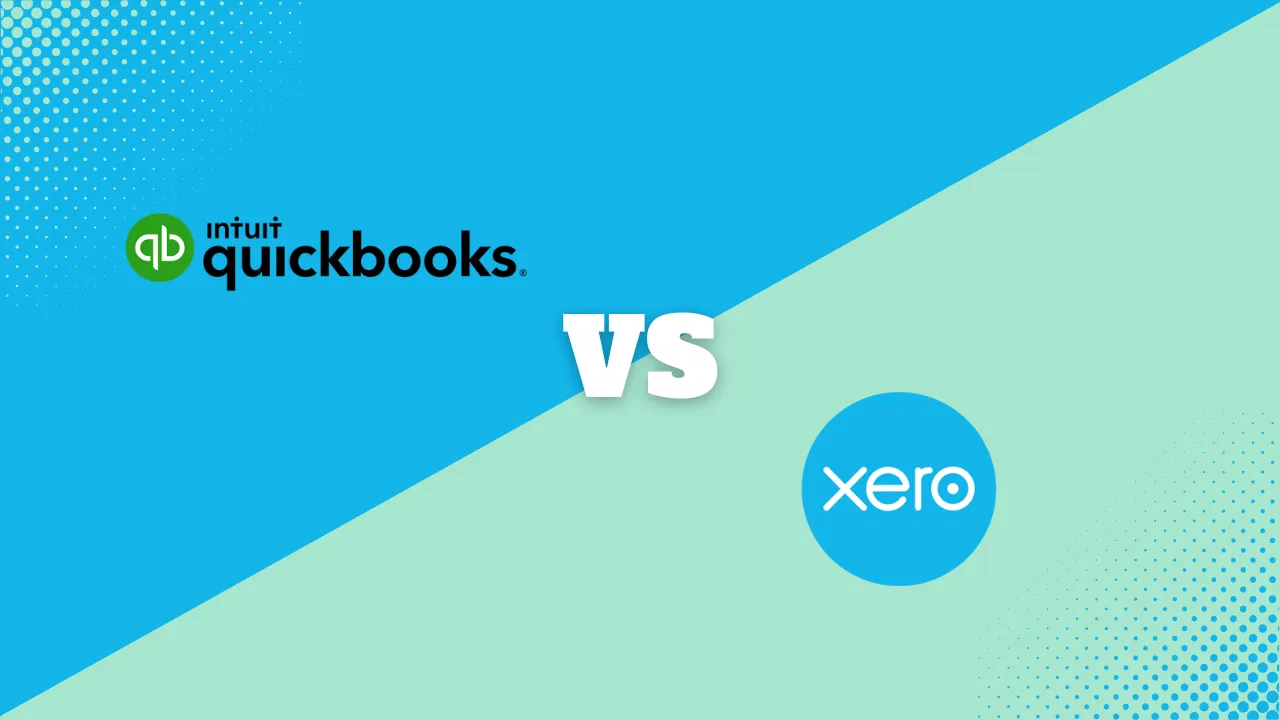CRM Systems: 7 Benefits for Businesses

Customer Relationship Management (CRM) is a vital tool for businesses of all sizes, and its benefits are undeniable. CRM allows businesses to manage and analyze customer interactions and data throughout the customer lifecycle, with the goal of improving business relationships with customers, assisting in customer retention and driving sales growth.
By implementing a CRM system, businesses can gain a deeper understanding of their customers, streamline processes, and increase efficiency. In this article, we will explore the various benefits of CRM and how it can help businesses achieve their goals.
Whether you’re a small business just starting out or a large enterprise looking to take your customer relationships to the next level, CRM is a powerful tool that can help you succeed.
1. Businesses Are More Likely to Survive if They Are Personalized
CRM systems help you keep a 360-degree view of your customers, prospects and interactions. This view spans their personal information such as name, email addresses, phone numbers, language skills and preferences, birthdays, purchase history, behavior patterns, and more all in one dashboard view.
Progressive CRMs collect and store even more critical data like real-time consumer interaction with a product or service. For instance, the wide adoption of the Metaverse has spurred rapidly changing consumer behaviors. With progressive CRMs, you can collect, store, and activate really intimate data that reveal far more than your customers are voluntarily letting out.
With all the data collected, you can curate personalized products or services for consumers. Given that personalization is the future of commerce, the survival of a business will depend greatly on its ability to collect, store, analyze, and activate data and all these can only happen with CRM systems.
Businesses that use a CRM software experience up to 29% increase in sales.
– Salesforce
2. Automate Your Operations to Reduce Costs
According to a report by McKinsey & Co, about 81% of predictable human physical activities can be automated. A majority of these activities include data collection and processing. As a matter of fact, your workforce can save up to 51% of all working hours by simply automating its work process.
Interestingly, some of the mundane, time-consuming activities happen within the sales and marketing departments. For instance, tracking and following up on customers via email and other communication channels seize up over 28% of your employees’ time. Imagine what can be accomplished by all that time if emailing and follow-ups were automated.
According to a Salesforce report, businesses that leverage CRM software to automate their sales process see a 29% increase in sales, a 34% increase in overall productivity, and are 42% more accurate in forecasting future sales.
The automation capabilities of CRMs are enormous. You can automate tasks as trivial as sending specific follow-up emails directly to consumers based on their behaviors (e.g. abandoned cart reminders). You can also automate even more complex activities like precise real-time ad targeting driven by CRM data.
3. Access to Data Quickly
Most CRM systems have deal tracking, opportunity (or pipeline) management, marketing automation, sales forecasting and reporting features. These features collect and analyze consumer data that business owners can turn into real-time insights for making better decisions for their company.
The pipeline management feature gives business leaders, marketers, and sales professionals the ability to figure out what part of the sales funnel to focus their energy on. Also, this feature will help businesses gain a better understanding of their ideal customer personas for marketing purposes.
Looking further into the future powered mainly by big data and analytics, businesses will be required to make decisions significantly faster than usual. Without data stored in CRM systems, it will be near impossible for businesses to make accurate customer-centric decisions.
Remember that data stored in CRM tools is customer feedback, collected over an extended period. It basically chronicles your customer journey from the first time they came across your brand and all the opinions they’ve shared on how your business can serve them better. These are the basis for making sound business decisions.
4. Enhances Internal and External Collaboration
A key benefit of CRM software, it that it serves as a great collaboration tool. Highly customizable CRMs, like monday Sales CRM, provides a centralized database for customer data, accessible to all authorized stakeholders to work with. With monday, for instance, you can collect details about customer orders, assign it to the appropriate team member. Also, data from customer feedback on Zendesk Sell can be accessed by the entire team to deliver personalized and improve customer service.
Allowing your team to have first-hand access to data on a chosen business CRM system will significantly reduce the approval points and cause a dramatic improvement in customer satisfaction.
Imagine a customer raises a ticket and receives a practical solution from the first sales representative without being tossed around or asked to wait for confirmation from someone that has access to the CRM data. That’s one dreadful experience for customers and it doesn’t speak well of a business either.
5. Secures data storage and protects privacy
For consumers, the simple act of letting you have their contact information is an act of trust. They trust that you will not invade their privacy (at least, not without their consent), and their data is safe with you.
Your business may have the facility to store consumer data in-house, but the top CRM systems are known to provide more than secure data storage. Most of the CRM software we have reviewed are HIPAA and GDPR compliant. This means that they specifically secure your consumer data even if it’s very sensitive personal or medical records. And also provides enough transparency for consumers and businesses to know how data is being used.
Businesses can avoid a truckload of fines in legal penalties by using a CRM tool to store and process consumer data. Using a CRM tool shifts the legal responsibility of data safekeeping to the provider.
Most CRM providers don’t take this responsibility lightly. They have deployed SOC2 compliant security features to ensure that risk of data breaches is minimal. Choosing to build the infrastructure required to attain a SOC 2 standard security is awfully expensive. According to many sources on the internet, a SOC Type 2 compliance report can cost a business up to $60,000. With a good CRM system, your business can save a decent amount of money.
Without data, you’d probably struggle to fulfill a contract or complete an order, so it makes sense to put security measures in place to protect it.
-ICO
6. Increased conversion rates and customer retention
CRM systems can be an amazing tool for boosting customer retention. Remember that CRM systems are designed for managing a business’s relationship with its customers. Just as with friends and family, building good relationships takes work. And when you have a good relationship with someone, they will be more likely to trust your services or products, as well as your recommendations.
The only way to build the customer experience is to gain a better understanding of their emotional, physical, social, and commercial needs. While most businesses focus more on the commercial needs, great brands strive to also meet the social and emotional needs of their customers.
CRM tools can provide great insights into where your customers spend their free time, what website they visit, the products they are looking at, as well as their interactions with various parts of your website or app. With this data, businesses can test and develop better understanding of each customer and implement customer segmentation accordingly.
It doesn’t end there.
With a good knowledge of your customer needs, a business can better position itself to provide solutions to customers even before they notice a problem. For instance, after purchasing a new PlayStation 5 from Amazon, the platform will recommend an extra controller and a dual charging dock. Even though you live alone and haven’t considered the need for an extra controller, you’ll probably need it during the holidays when your nephew comes visiting. Now that is what you call utilizing data points for customer experience!
7. Improves the clarity of your communication
Press releases and social media promotions are great assets but consumers rarely succumb to the information contained in them. Customers want to see that they matter to your business. What does this have to do with CRM tools?
When customers share unique feedback with a business, they like to believe that they matter enough for their input to be remembered. Nothing can be as obnoxious as receiving incoherent information from different people in the same company.
With a CRM software, like Salesforce, your employees can maintain important notes, store recordings of calls, and document previous interactions with each customer. With these, anyone that jumps in to serve a customer can use the notes and past interaction records to gain a quick understanding of such customer’s experience with your brand, and offer tailored support.
Remember that relationships go both ways. If a customer receives coherent and useful information from a business rep every time, there is a higher chance that such customer will feel acknowledged and will be willing to take actions (like provide more information) that will help improve the relationship and streamline operations.
By maintaining clean, consistent communication, you can keep your customers updated with business happenings without making them question why they shared their personal information with you in the first place.
Conclusion
The digitization of customer record keeping has helped many businesses reduce cost and drive far more sales than was imaginable in the previous century.
With CRM systems, businesses now have better chances to succeed despite the fierce competitions experienced in many industries. This success is mainly a product of efficiency. With CRM tools, businesses can now get more done in less time, and at significantly lower cost, with effective automation.
Better decision making is also one of the upsides of using a CRM software. With data collected directly from customers, a business can adjust accordingly to meet customers at their point of need while they collaborate effectively, both internally and with third-party organizations through integration.
Quickly have a look at our array of top customer-centric, intuitive, and compliant CRM solutions. You can try out some of them for free to see which one works best for your business. No worries. You don’t have to pay a dime if you don’t want to.




